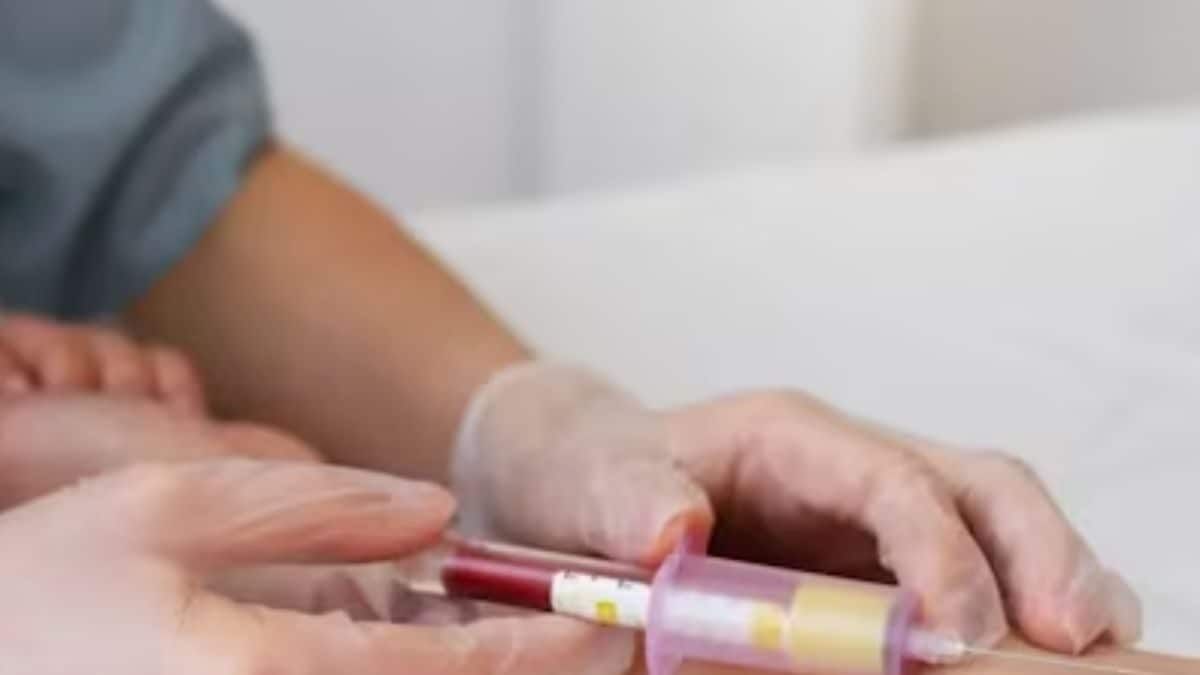This study was published by The New England Journal of Medicine.
A simple blood test has emerged that can detect this type of cancer at its earliest stages.
Colorectal cancer is one of the most common types of cancer worldwide. The risk of developing it increases with age and affects people over 50 years of age. Early diagnosis, appropriate treatment and regular monitoring are crucial to improving survival rates and quality of life. A simple blood test has emerged that is capable of detecting this type of cancer at its earliest stage. A study published by The New England Journal of Medicine revealed that the blood-based screening method showed an 83% detection rate among people diagnosed with colorectal cancer. If approved by the FDA, this blood test would become another tool for early cancer detection. It has been developed by Guardant Health and can be performed from a blood sample. The company claims that its test identifies signs of tumor DNA circulating in the bloodstream.
The U.S. Preventive Services Task Force recommends that people begin regular screening at age 45 to assess their susceptibility to colon cancer. The American Cancer Society reports that about 1 in 3 eligible adults do not follow this recommendation.
Currently, effective screening methods for bowel cancer include stool tests and colonoscopies. The development of a new blood test to detect bowel cancer may improve early detection of the disease. This initiative follows an increase in the incidence of bowel cancer, particularly among younger individuals.
Colon cancer affects the large intestine (colon) or rectum and usually begins as small, benign growths called polyps. They are not cancer and do not spread. After a period of time, some types of polyps can become cancer. Some early symptoms of colon cancer include persistent diarrhea, constipation, rectal bleeding, abdominal discomfort, unexplained weight loss, chronic fatigue, and changes in bowel habits.
The risk of bowel cancer can be reduced by eating a healthy diet, staying physically active, avoiding tobacco and excessive alcohol consumption and undergoing regular medical check-ups.












